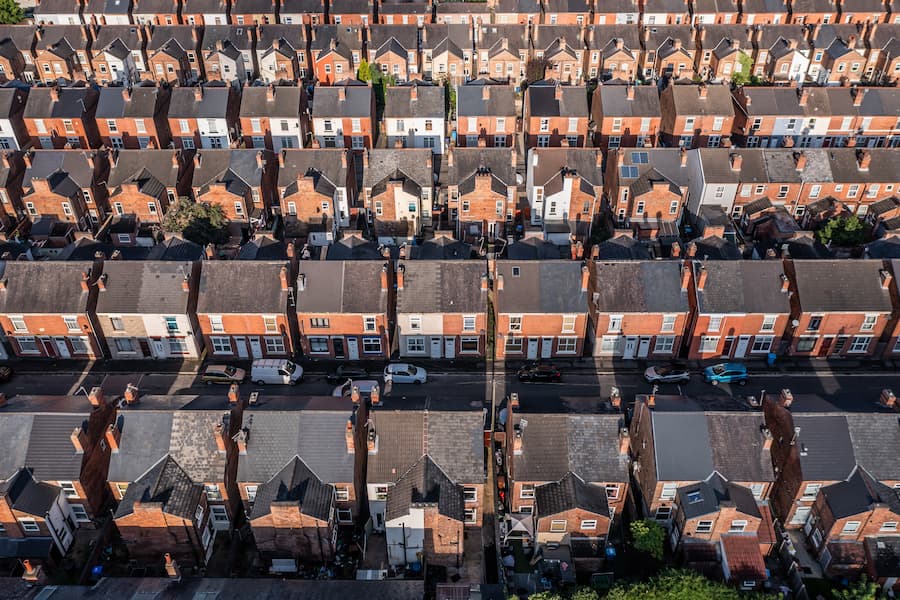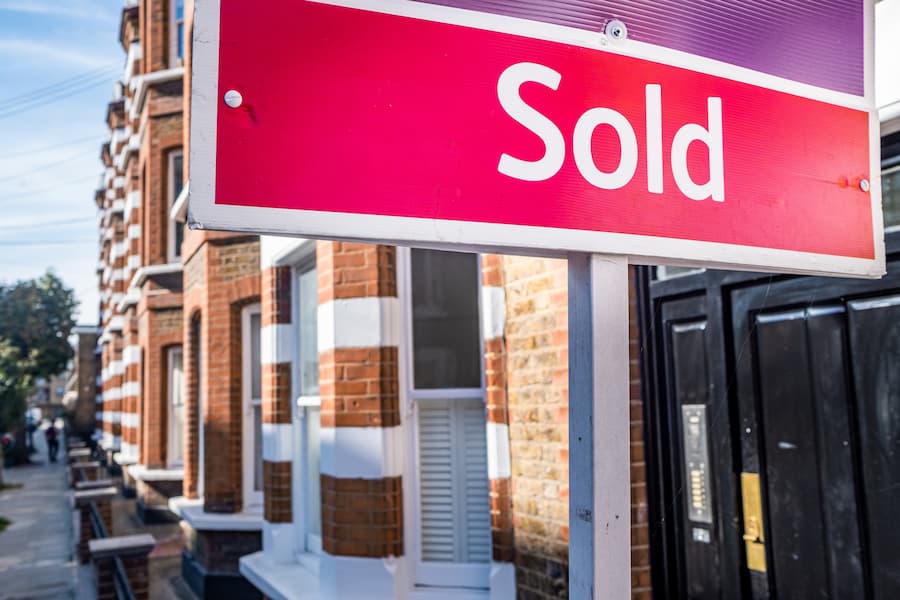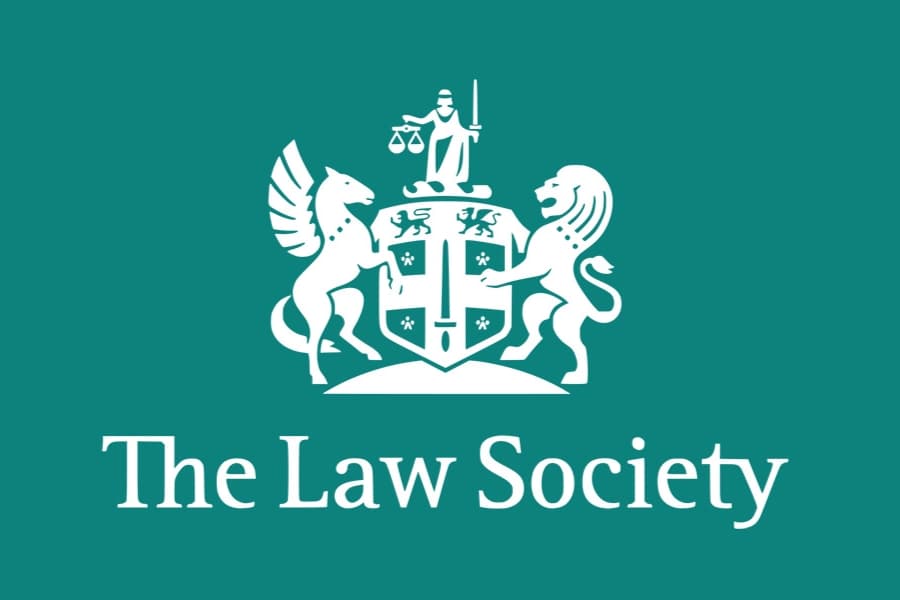Among the many issues highlighted in the recently published manifestos, housing is certainly a prominent one.
With first-time buyers and prospective downsizers trying to navigate the so-called “broken” housing market, both the supply and price of property are set to be key issues for the electorate to consider before voting on 8th June.
Liberal Democrat View in relation to Housing:
- Attitudes
- The Liberal Democrat attitude to housing is first mentioned in relation to UK health, highlighted as a wider factor which can negatively affect wellbeing if absent.
- Main Aims
- Their main proposals on housing are set out in their plans to invest in Britain’s future, with an aim to build 300,000 homes by 2020. This will be funded by a portion of the £100 billion set aside for additional infrastructure investment.
- By using public funds to gain private investment, they also aim to prioritise £5 billion of initial capital for a British Housing and Infrastructure Development Bank.
- Greener Homes
Highlighting that a tenth of homes in England cannot afford to properly heat their properties, the Liberal Democrats aim to build greener homes as part of their efforts to make energy saving a priority. They aim to:- Pass a Green Buildings Act which will set new targets for energy-efficiency. The aim of this is that by 2035, every home in England will have reached an energy rating of at least Band C.
- By 2022, they aim for at least four million homes to have reached Band C.
- Housing Supply
Acknowledged as an important issue, the Liberal Democrats’ target rate for growing the housing supply is almost double the current pace.- Through a government commissioning programme, the party aims to fill the gap in the market, setting a yearly target of 300,000 homes. They also plan to:
- Build a minimum of ten garden cities in England.
- Bring the Voluntary Right to Buy to an end.
- Remove exemptions for smaller developers.
- Introduce a right of appeal for communities, where planning decisions aren’t in line with the locally approved plan.
- Local Authority Powers
The aim of this is to expand the rights of local authorities, giving them greater power in relation to housing decisions within their area. The Liberal Democrats intend to:- Expand the amount that housing associations can borrow and raise the borrowing cap on local authorities, enabling them to build more social and council homes.
- Introduce a levy of up to 200% council tax on overseas investment homes left empty as well as second homes.
- Administer housebuilding on abandoned public sector land.
- Punish builders who land-bank excessively, penalising them after three years if they fail to build on land they have planning permission for.
- End the Right to Buy at their discretion.
- Buying and Renting
Highlighting the unaffordability of homeownership in certain areas, the Liberal Democrats acknowledge the need for governmental support, especially for first-time buyers. Their proposed measured to alleviate the financial pressures of the housing market include:- The introduction of a Rent to Own scheme, where each rental payment gives tenants a growing share of the property.
- The introduction of a Help to Rent scheme for first-time renters under 30, providing government-backed tenancy deposit loans.
- General improvement of the rental market through the banning of letting fees, increasing minimum standards and putting a cap on upfront fees.
- Preventing developers from advertising homes abroad before they are advertised in the UK.
- If a landlord decides to sell, give existing tenants first refusal to buy at market rate.
- Aim to reduce rent hikes by including an inflation-linked annual rent increase within the tenancy.
- Introduce mandatory licensing and enable tenants to access the database of rogue landlords.
- Provide adequate funding for accommodations and supported housing in order to tackle homelessness.
The Conservative view on Housing:
- Attitudes
Aiming to do more to support working families, the Conservatives acknowledge that affordable housing is a key issue for many, highlighting the impact it can have on multiple generations. - With an aim to create a fairer market for consumers, the Conservative party proposes to:
- Reform the home-buying process to reduce costs and improve efficiency.
- Penalise unfair leasehold practices and improve protection for renters.
- Improve energy efficiency of existing homes, prioritising the least well-off; their aim is that by 2030, all fuel poor homes will have an energy rating of Band C.
- Housing supply
In order to improve the current deficiency of the housing stock, the party aims to:- Meet the demand for affordable homes, and ensure that more private capital investment in productive projects.
- Meet the level originally promised in 2015 – delivery of a million homes by the end of 2020.
- Build fixed-term social housing, which will provide tenants with an automatic Right to Buy after a ten to fifteen-year period. The proceeds of the sale will be fed into other homes.
- Provide housing associations with greater flexibility to grow housing stock.
- Ensure new developments are built country-wide, not limited to the south-east.
- Deliver the commitments set out in the Housing White Paper.
- Maintain protections on designated land e.g. the Green Belt, National Parks and Areas of Outstanding National Beauty.
- Housing Quality
The quality of new-build homes has come under increasing scrutiny in recent years. With an aim to rectify this, the party’s proposed plans are as follows:- Support high-quality, high-density housing.
- Support councils who aim to build sustainable, high-quality and integrated communities.
- Aim to build more social housing by arranging Council Housing Deals with pro-development local authorities and work collaboratively to improve capability and capacity. This will be supported by low-cost capital funding.
- Continue the flood defence programme to protect 300,000 existing homes by 2021.
- Homelessness
- In order to tackle the growing problem of homelessness, the party plans on implementing a Homelessness Reduction Act, which aims to halve the number of rough sleepers at the close of the parliament, with it eradicated completely by 2027. In support of this, a homelessness reduction task force will be introduced, concentrating on affordable housing and prevention of homelessness in the first place.
The Labour party view on Housing:
- Attitudes
Considering the intense pressure that people are dealing with, Labour acknowledges that the uncertainty of secure housing is preventing families from enjoying the life that they have worked towards. - Energy efficient homes
Aiming to improve both efficiency and energy consumption, the party proposals include:- Prioritisation of insulation for four million homes in order to help those who suffer during the winter months and cut both emissions and bills.
- Offering homeowners interest-free loans to improve their property.
- Housing Supply
Prioritising that are just setting foot on the housing ladder, the Labour party plans to improve the stock of affordable homes are as follows:- Aim to build over a million new homes, reaching an annual construction rate of 100,000 council and housing association homes by the end of the next Parliament.
- Maintain protection of the Green Belt and prioritise building on brownfield sites.
- Begin work on multiple new towns.
- Create a Department for Housing with a focus on tackling the supply issue. Ensure that homes are for the many, rather than just an investment opportunity.
- Create a new housing ministry to improve the standards, supply and affordability of homes.
- Award councils with new powers to supply the homes needed by their local community.
- Implement a National Transformation Fund to prioritise the building of new homes. This will be part of a joint skills and industrial strategy.
- Remove government restrictions on councils regarding the supply of homes.
- Housing Quality
With an aim to ensure that both new and existing homes are suitable to reside in, the party proposes that the following should take place:- Consultation on rules for minimum space standards and the creation of zero carbon homes.
- Ensure that downsizing options are readily available and that older people’s housing needs are addressed.
- Keep HM Land Registry in the public domain and increase the transparency of land ownership.
- Affordability
A key issue for first-time renters and buyers, the Labour party intend to tackle the affordability of homes in the following ways:- Construction of thousands of homes reserved for first-time buyers.
- Help-to-Buy funding guaranteed until 2027.
- Local first-time buyers to be given priority on the new homes built in their area.
- Protect those who own their home as leaseholders and provide security from unreasonable ground-rent conditions.
- Make three-year tenancies the standard, with an inflation cap on rent rises.
- Implement legislation to ban tenant letting agency fees.
- Provide tenants with new consumer rights to reduce bad landlords.
- Ensure properties are ‘fit for human habitation’ by introducing new legal minimum standards. If the rental home is beneath this standard, empower tenants to take necessary action.
- Reverse the abolition of housing benefit for 18-21-year-olds.
- Long-term council tenancies will be reinstated.
- Suspend the right-to-buy policy – if proven that houses will be replaced and sold like-for-like, councils can re-introduce it.
- Homelessness
Recognising the national rise in homelessness, the Labour party state that they will:- Implement a national plan to bring rough sleeping to an end during the next Parliament.
- Reserve 4,000 additional homes for those who have a history of rough sleeping.
- Protect homeless hostels from housing benefit cuts.




















